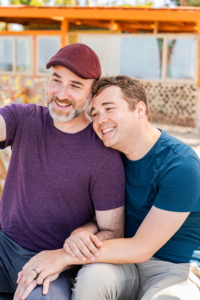In January, we reflected on seven milestones and lessons from the last shmita cycle as we also look forward to the next. Our fifth reflection below reviews our dedication to supporting refugees in joining our community and attaining self-sufficiency.
According to figures from the United Nations, a staggering 89.3 million people globally have been forced to flee their homes. Among them are 27.1 million who are formally classified as refugees. One of the first conversations Leichtag Foundation board members and advisors engaged in following our formation as an independent foundation was how we would serve those who have been forced to flee to seek safety for themselves and their families.
This conversation was personal in every way. Both Toni and Lee Leichtag z”l were from families who had immigrated to the United States amidst persecution and hardship. Every single person who sat around that board table could cite similar stories from their own families. Some were children and grandchildren of Holocaust survivors. Not only that but, as we explored the Jewish soul of the Leichtag Foundation, we kept close to heart the commandment repeated 36 times in our Torah: to welcome the stranger because we were once strangers ourselves. For many of us, we are just a few years or a single generation removed from that refugee experience.
Reflecting on the last seven years, I can say that this question continues to weigh on us. What should our role be when overwhelming natural disaster and humanitarian crises abound and displace so many more people? How do we decide which refugees are “worthy” of being supported and which aren’t? How do we influence government policy around refugees? What are our special duties when one of our Foundation’s localities, San Diego, is also home to one of the most robust border crossings in the country? And on and on.
I wish I could say that we figured out the answers to all these questions during this shmita period but out of everything we do, this is the area and strategy we seem to struggle with the most. We find opportunity to integrate work for refugees in every single one of our strategic areas of focus. Our Syrian Refugee Initiative which launched in 2015, and is perhaps our deepest foray into this area, helped welcome some new community members and exposed us to local professionals and volunteers alike who awed and inspired us with creative and impactful ways to ease the journeys of families in need. We built relationships with local Syrian community leaders that continue to this day, and we encouraged local donors to learn more about the crisis through giving circles. We provided capacity and resources—financial grants yes, but also network-building, coaching and professional tools—that we believe has left the local field better off than before we got involved. For more about the Syrian Refugee Initiative, see this reflection after one year of engaging in this response work.
When there are times of disaster in the world, our policy has always been to make emergency humanitarian grants to partners we already know and trust such as the American Jewish Joint Distribution Committee and others. This is following the tradition of Toni and Lee who always stepped forward in times of natural and man-made disaster, often among the first to do so from our community. We also share information with our network about the organizations on the ground with which we are partnering and invite others to join us, receiving feedback that our pre-vetted recommendations are appreciated.
In the last few months, we’ve engaged with the issues of humanitarian disaster even more directly through taking a leading role in funding, championing, and providing infrastructure through our partner Impact Cubed to a courageous group of activists on the borders of Ukraine. Many of them are refugees and children of refugees themselves who have been evacuating elders, women, and children from the most dangerous and vulnerable places and providing critically needed food and medicine. Our entire team is immensely proud of our role in this effort.
And yet.
According to Jewish tradition, to save one life is to save a world. But what happens the day after?
Study after study shows that every dollar invested in an immigrant returns back to community and society many times over. In fact, a recent analysis of the next generation of immigrants found that they are among the strongest fiscal and economic contributors in the United States, no matter where their parents or grandparents immigrated from. Yet there is such negative rhetoric in this country about immigrants that blatantly ignores the overwhelming data. Besides investing in direct service, the Foundation has tried to champion the case for welcoming immigrants more robustly with legislators. We have partnered with leaders who are exerting significant influence at the policy level. But we know that there is still so much more to be done. Along with our partners, we also grapple with the realities of welcoming new Americans to a place with grossly inadequate affordable housing and lacking other basic infrastructure.
And so, we have dipped our toe in the waters of welcoming refugees and caring for immigrants but have yet to engage in the deep systemic change that is critical. As we look forward, we will again evaluate our best role in this area. In the meantime, we look at the full panoply of what it means to welcome the stranger. Caring for refugees and investing in immigrants, no question. But also demonstrating what we call “radical hospitality” at Leichtag Commons, making sure that anyone who attends our programs or comes to our space feels a sense of belonging and inclusivity. Working with Coastal Roots Farm to establish what we call the Peah Food Forest at the northern edges of our property. Peah is the Jewish imperative to line the edges of your field with food for the poor and stranger so they may forage and satiate their hunger. And doing our best to uplift the voices of the marginalized in our work.
It is not your duty to complete the work but nor may you desist from it, our Sages say. We will continue to struggle with how best to welcome the stranger. After all, we were once strangers ourselves. We will not desist.
Charlene Seidle, Executive Vice President

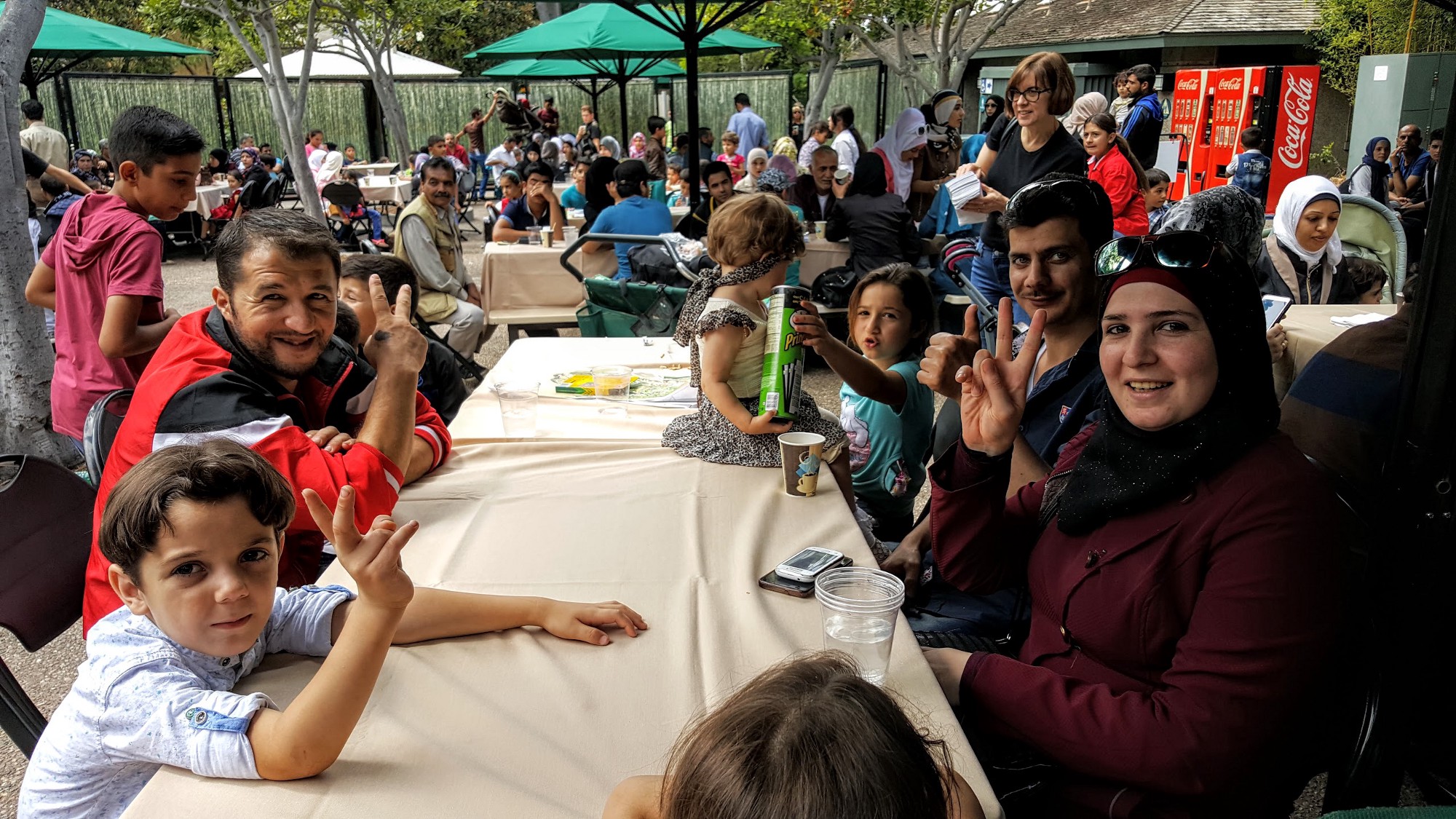
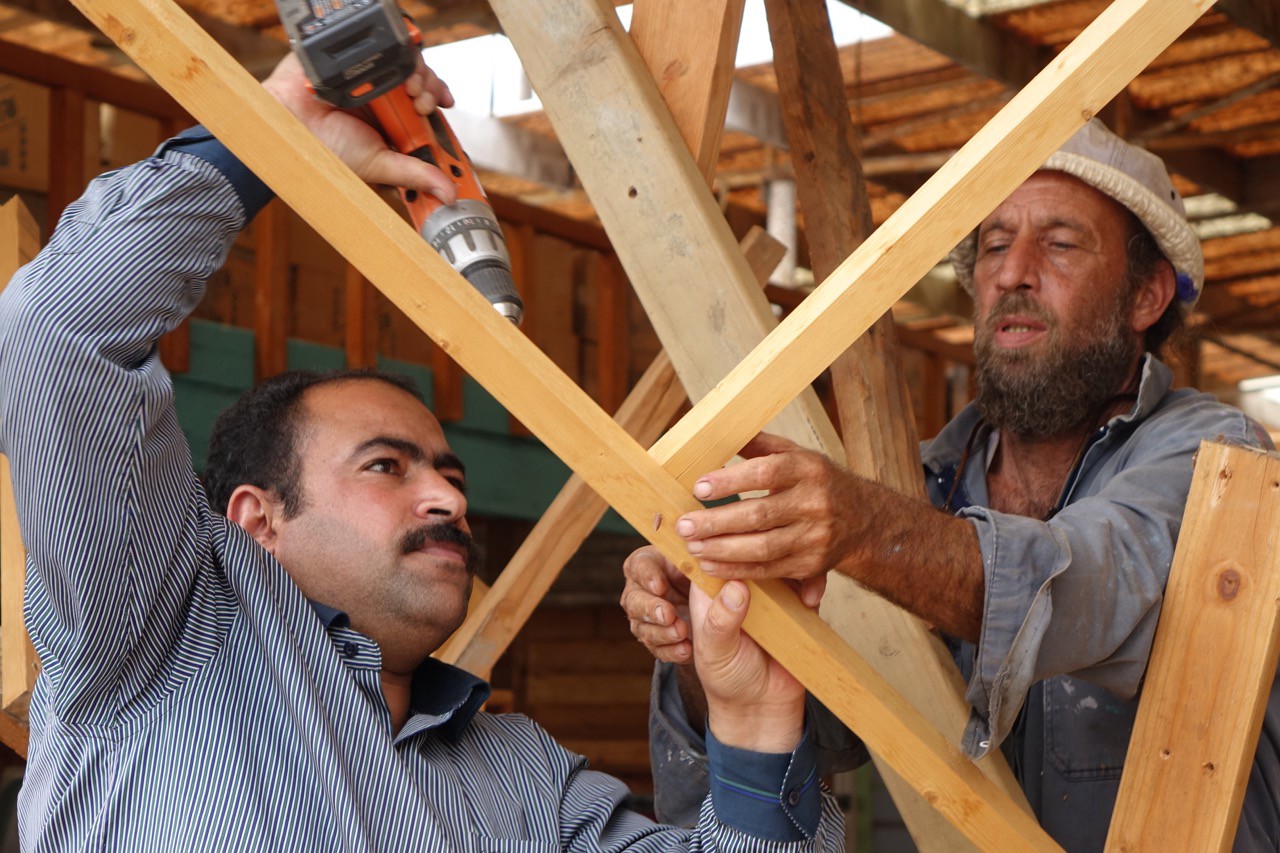
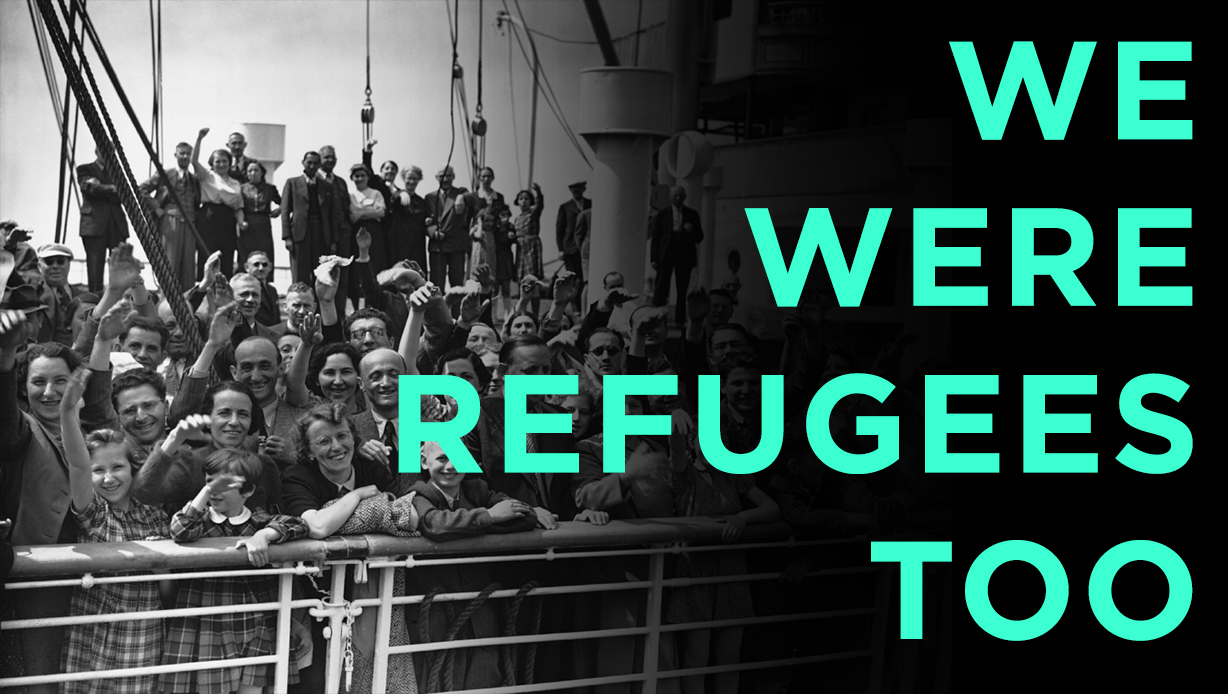
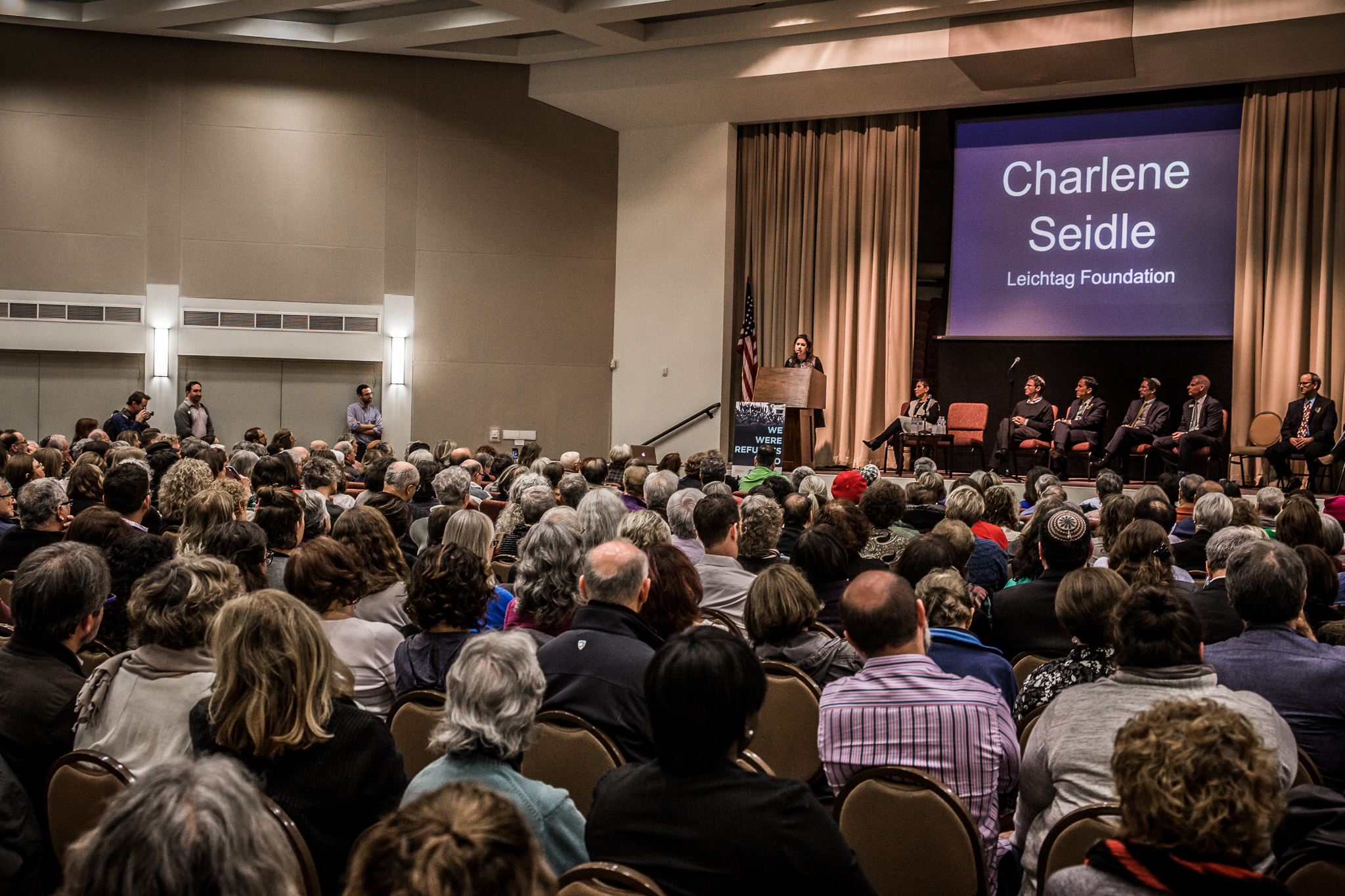
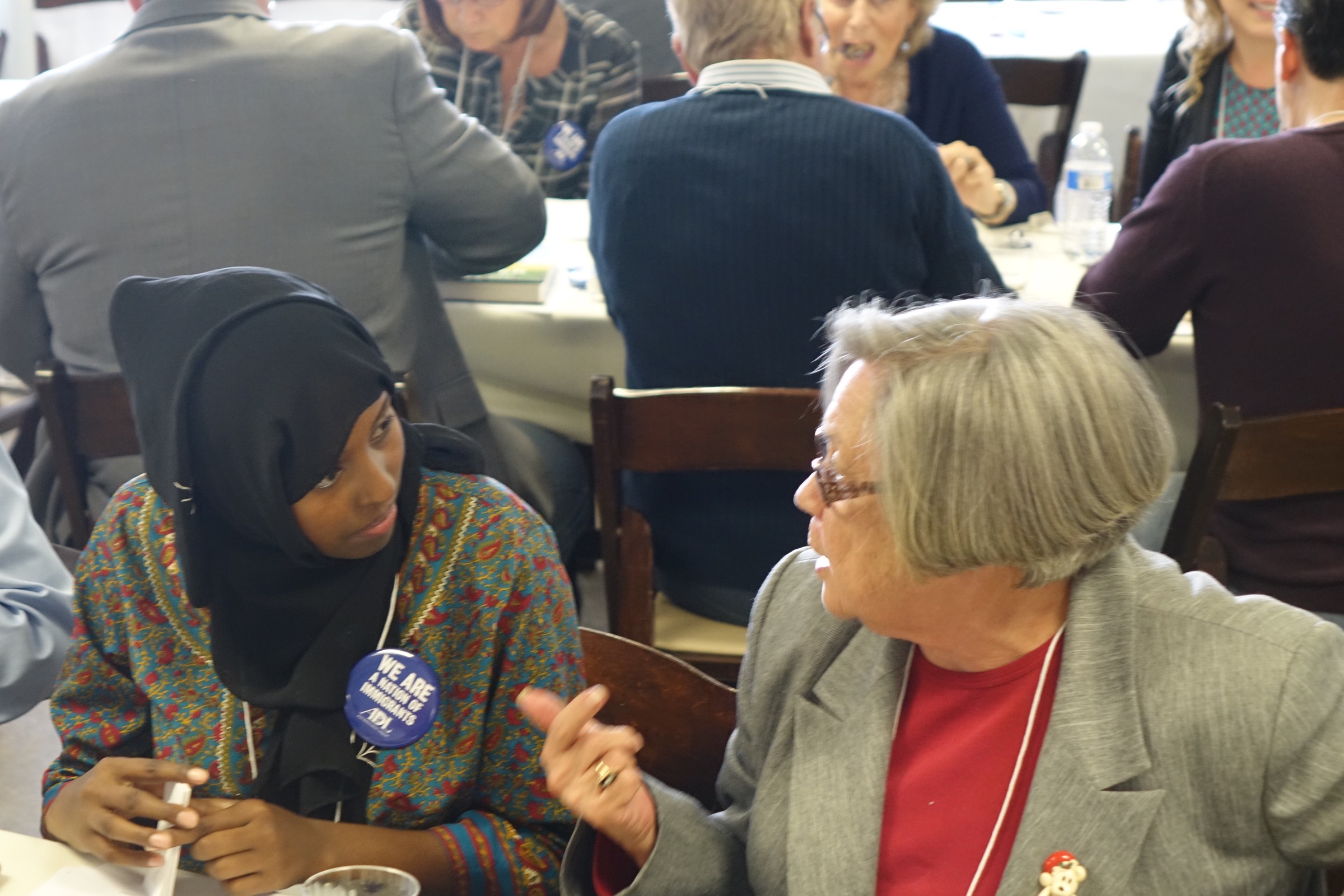
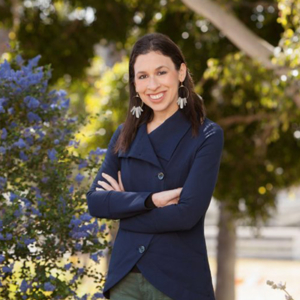


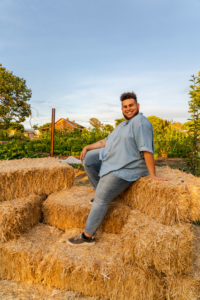 Black, Jewish and Queer. These three identities weave the fabric of who I am, but it took a long time to believe that they could exist together.
Black, Jewish and Queer. These three identities weave the fabric of who I am, but it took a long time to believe that they could exist together.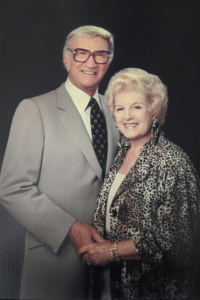 Lee and Toni Leichtag established the Leichtag Foundation in 1991 following the sale of their business. Lee and Toni were lifelong entrepreneurs with a passion for innovation and for supporting talent. They believed that only with big risk comes big reward. Both born to families in poverty, Toni to a single mother, they strongly believed in helping those most in need and most vulnerable in our community. While they supported many causes, their strongest support was for young children and the elderly, two demographics who particularly lack voice in our society.
Lee and Toni Leichtag established the Leichtag Foundation in 1991 following the sale of their business. Lee and Toni were lifelong entrepreneurs with a passion for innovation and for supporting talent. They believed that only with big risk comes big reward. Both born to families in poverty, Toni to a single mother, they strongly believed in helping those most in need and most vulnerable in our community. While they supported many causes, their strongest support was for young children and the elderly, two demographics who particularly lack voice in our society.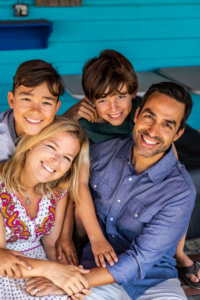 Lifelong Baltimoreans, Rabbi George and Alison Wielechowski and their sons, 11-year-old Lennon and 9-year-old Gideon, are more than pursuing the good life in Southern California. Having moved to San Diego more than three years ago, they are fulfilling a lifelong dream.
Lifelong Baltimoreans, Rabbi George and Alison Wielechowski and their sons, 11-year-old Lennon and 9-year-old Gideon, are more than pursuing the good life in Southern California. Having moved to San Diego more than three years ago, they are fulfilling a lifelong dream.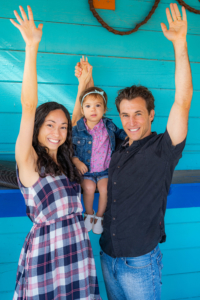
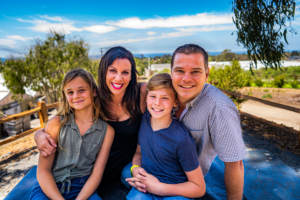
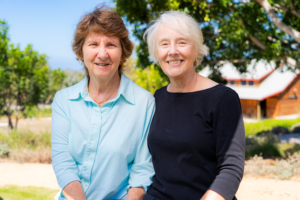

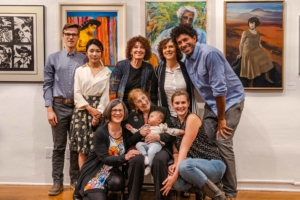
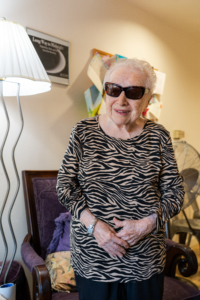
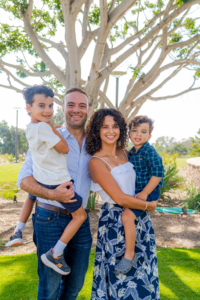
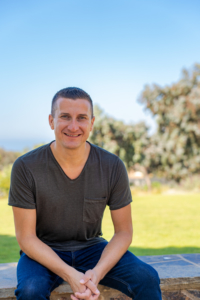 You would think that as the executive director of San Diego LGBT Pride, Fernando Zweifach López Jr., who uses the pronoun they, has done all the coming out they possibly can. A queer, non-binary individual who has worked for many years on civil rights issues, López also speaks openly and often about their father’s family, Mexican-American migrant workers who tilled the fields of rural California.
You would think that as the executive director of San Diego LGBT Pride, Fernando Zweifach López Jr., who uses the pronoun they, has done all the coming out they possibly can. A queer, non-binary individual who has worked for many years on civil rights issues, López also speaks openly and often about their father’s family, Mexican-American migrant workers who tilled the fields of rural California.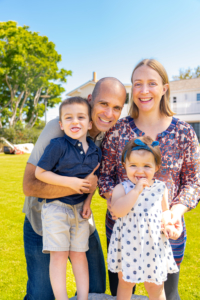 Stacie and Jeff Cook understand commitment. They live it.
Stacie and Jeff Cook understand commitment. They live it.